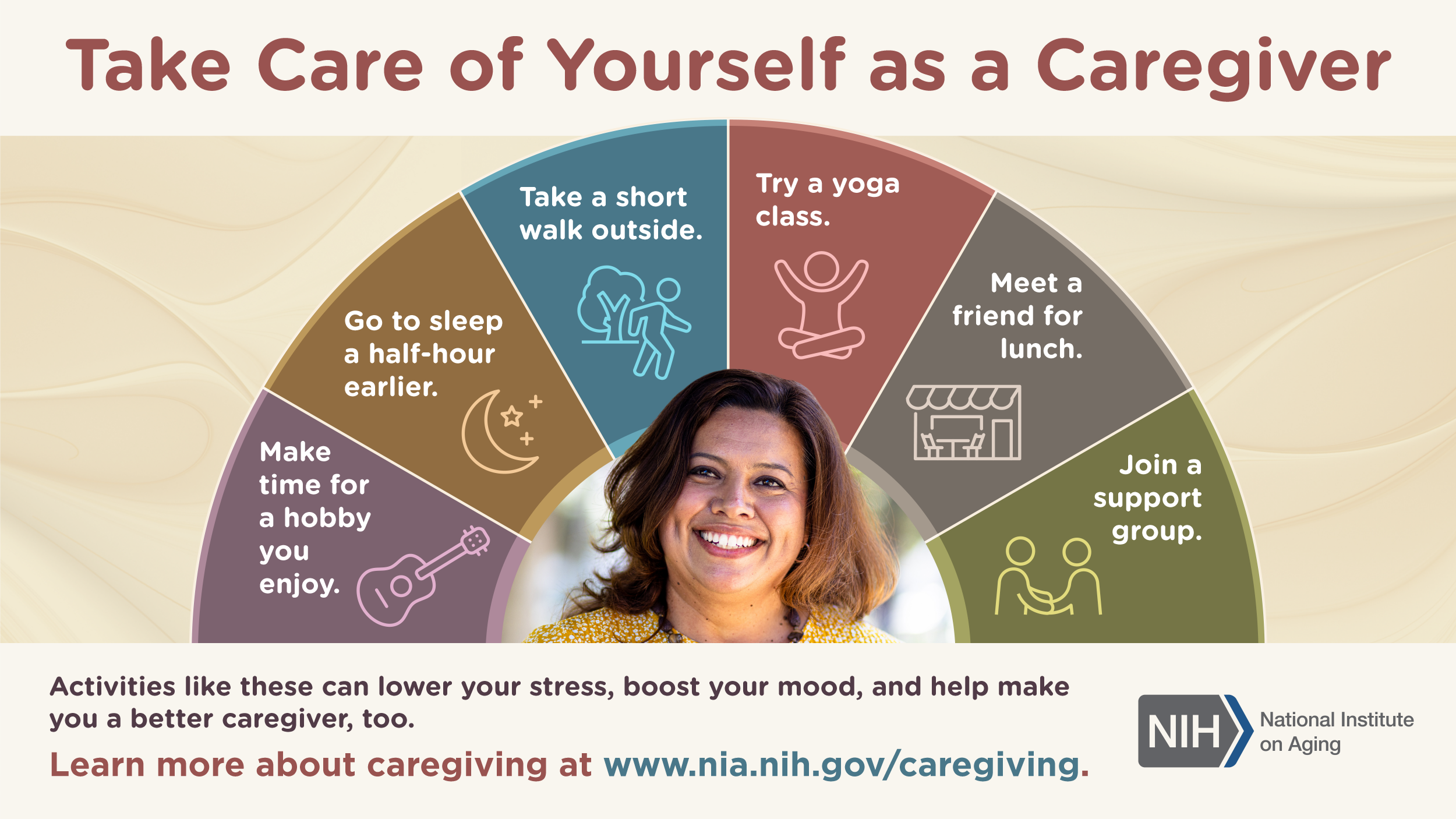Being a caregiver is a noble and selfless role, but it can also be incredibly demanding and stressful. It’s important to remember that you can’t pour from an empty cup – in order to properly care for others, you must first take care of yourself. Here are some tips and resources to help you find the balance between caring for others and caring for yourself.
Recognize the Signs of Burnout
One of the biggest challenges for caregivers is recognizing when they are experiencing burnout. Symptoms of burnout may include feelings of exhaustion, irritability, depression, and physical ailments such as headaches or digestive issues. If you notice these signs in yourself, it’s important to take action to prevent burnout from escalating.
Set Boundaries
It’s easy to get caught up in the demands of caregiving and forget to set boundaries for yourself. Make sure to communicate your needs and limitations to those you are caring for, as well as to other family members or friends who may be able to provide support. Setting boundaries is not selfish – it’s essential for maintaining your own mental and emotional well-being.
Take Time for Yourself
Remember to make time for activities that bring you joy and relaxation. This could be as simple as taking a walk in nature, reading a book, or practicing meditation. Self-care is not a luxury – it’s a necessary part of maintaining your own health and happiness.
Connect with Other Caregivers
One of the best sources of support for caregivers is other caregivers who understand the unique challenges you face. Look for local support groups or online communities where you can connect with others who are going through similar experiences. Sharing your struggles and successes with others can help you feel less alone and more empowered.
Seek Professional Help
If you are feeling overwhelmed or struggling to cope, don’t be afraid to seek professional help. A therapist or counselor can provide you with tools and strategies to manage stress, improve communication, and prioritize self-care. Taking care of your own mental health is just as important as taking care of your physical health.
Take Advantage of Respite Care
Respite care provides temporary relief for caregivers by allowing them to take a break and recharge. This could involve hiring a professional caregiver to provide support for a few hours a week, or arranging for a loved one to take over caregiving responsibilities for a short period of time. Taking advantage of respite care can help prevent burnout and give you the opportunity to focus on your own needs.
Practice Gratitude
While caregiving can be challenging, it can also be incredibly rewarding. Take time each day to reflect on the positive aspects of your role as a caregiver, such as the relationships you have built or the impact you are making in someone’s life. Cultivating a sense of gratitude can help shift your perspective and improve your overall well-being.
Remember, You Are Not Alone
Being a caregiver can often feel like a solitary journey, but it’s important to remember that you are not alone. There are resources and support systems available to help you navigate the challenges of caregiving and prioritize your own well-being. By taking care of yourself, you will be better equipped to care for others.
Remember, in order to continue being the best caregiver you can be, you must prioritize your own self-care and well-being. By recognizing the signs of burnout, setting boundaries, seeking support, and practicing gratitude, you can find the balance between caring for others and caring for yourself. Take care of yourself, so you can continue to provide the best care for those who rely on you.

